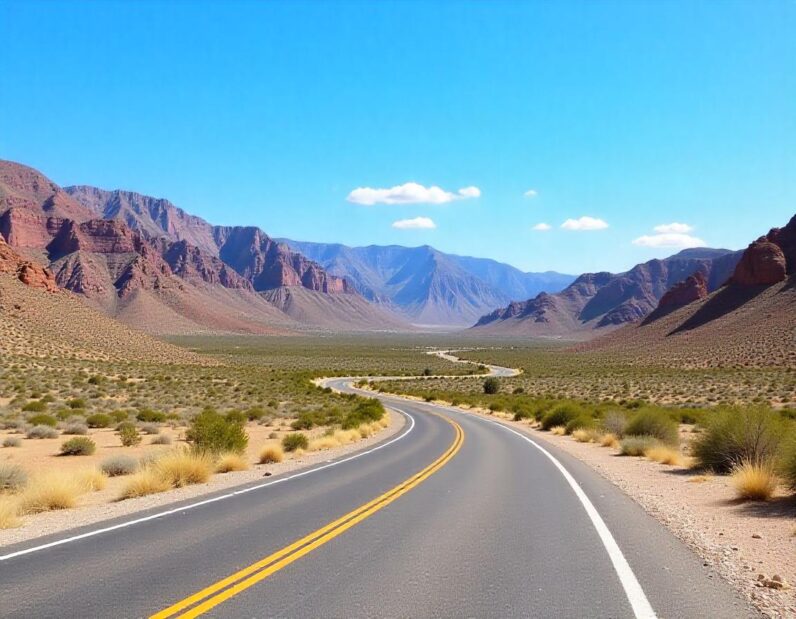
Exploring Morocco by car is one of the best ways to experience the country's breathtaking landscapes, from the rolling dunes of the Sahara to the winding roads of the Atlas Mountains. However, driving in Morocco can be different from what you might be used to. Here’s everything you need to know before hitting the road.
Driving Rules and Regulations
To drive legally in Morocco, travelers should be aware of the following rules:
License Requirements: A valid driver’s license from your home country is required, and an International Driving Permit (IDP) is recommended.
Minimum Age: The minimum driving age in Morocco is 18, but most rental agencies require drivers to be at least 21 or 23, depending on the vehicle type.
Traffic Direction: Morocco follows right-hand driving, similar to most European countries.
Speed Limits:
60 km/h in cities
100 km/h on open roads
120 km/h on highways
Always pay attention to local signage, as speed limits may vary.
- Seat Belts: Wearing seat belts is mandatory for both drivers and passengers.
- Mobile Phones: Using a phone while driving is illegal unless you have a hands-free system.
- Alcohol Limit: Morocco has a zero-tolerance policy for drinking and driving, meaning any amount of alcohol in your system can lead to fines or imprisonment.
- Tolls: Highways in Morocco have tolls, so carry cash or a payment card for convenience.
Road Conditions in Morocco
Roads in Morocco vary significantly depending on the region:
Highways and Major Roads: The highways (autoroutes) connecting major cities like Casablanca, Marrakech, and Tangier are well-maintained and have tolls.
City Roads: Urban roads can be congested, with unpredictable traffic, pedestrians, and motorbikes weaving through cars.
Rural and Mountain Roads: Many rural roads are narrow, winding, and occasionally unpaved. If you’re driving through the Atlas Mountains, expect sharp turns and occasional landslides in wet seasons.
Desert Roads: If you plan to explore the Sahara, renting a 4x4 is recommended, as some routes may be sandy or rough.
Traffic and Road Signs: Road signs are in Arabic and French, so having some knowledge of basic French can be helpful.
Tips for Travelers Renting a Car in Morocco
If you’re renting a car in Morocco, here are some key tips to keep in mind:
- Choose a Reliable Rental Company: Opt for well-reviewed rental agencies like Go Yaalah, which provide well-maintained cars and customer support.
- Inspect the Car: Check the vehicle for any pre-existing damage before signing the rental agreement and take photos as proof.
- Insurance: Basic insurance is usually included, but it’s advisable to get full coverage for added security.
- Navigation: Google Maps works well in Morocco, but having an offline map or GPS device is a good backup.
- Fuel Stations: Gas stations are common in cities but sparse in remote areas, so fill up before long trips.
- Dealing with Police Stops: Moroccan police frequently set up road checkpoints. Always have your driver’s license, rental documents, and passport ready.
- Parking: In cities, opt for secure parking areas or garages to avoid fines and ensure safety.
Driving Etiquette and Local Habits
Driving in Morocco can be unpredictable, so be prepared for local habits:
Roundabouts: Vehicles inside the roundabout usually have the right of way, but this rule isn’t always followed.
Honking: Drivers often use their horns to signal intentions, alert others, or express frustration.
Pedestrian Crossings: Many pedestrians cross roads unexpectedly, even outside designated crosswalks.
Taxis and Motorbikes: Taxis and motorbikes frequently weave through traffic—always stay alert.

